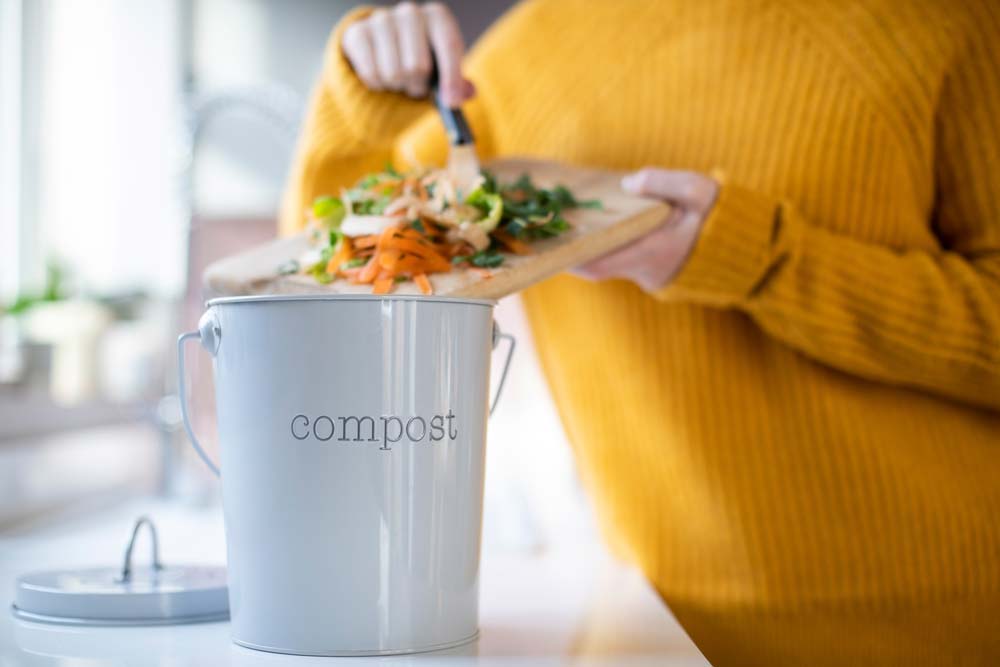
When it comes to reducing waste and embracing a sustainable lifestyle, composting is a key strategy. But not all compostable materials are created equal. In this article, we’ll explore the differences between home compostable and industrial compostable materials, and how recycling centres like Anything Environmental in Mackay can help you make the right choice for your needs.
Home compostable materials are designed to break down in a backyard compost system, typically within 90 to 180 days. These products are made from plant-based materials like cornstarch, sugarcane and paper, and are free from harmful chemicals. This makes them ideal for home gardeners who want to reduce their environmental impact.
Reduced waste
Composting at home keeps organic waste out of landfills, reducing greenhouse gas emissions.
Enriched soil
The compost produced is rich in nutrients, perfect for your garden and potted plants.
Local recycling
You’re recycling waste on-site, saving energy and resources involved in waste transport.
Industrial compostable materials require the high heat and controlled conditions of an industrial composting facility to break down. These materials may include items like compostable plastics, which can take up to six months to decompose under these conditions.
Recycling centres, like Anything Environmental in Mackay, play a crucial role in the industrial composting process. They collect and process large volumes of compostable waste, turning it into nutrient-rich compost that can be used in agriculture, landscaping and more. In addition to composting, these centres offer services like bottle recycling to further promote sustainable waste management.
While both home and industrial compostable materials offer environmental benefits, there are some key factors to consider when deciding which option is right for you:
Both home compostable and industrial compostable materials play a role in reducing waste and promoting sustainability. By understanding the differences between these two types of composting, you can make informed decisions about the best way to manage your waste.
Help us save the environment and protect our community.